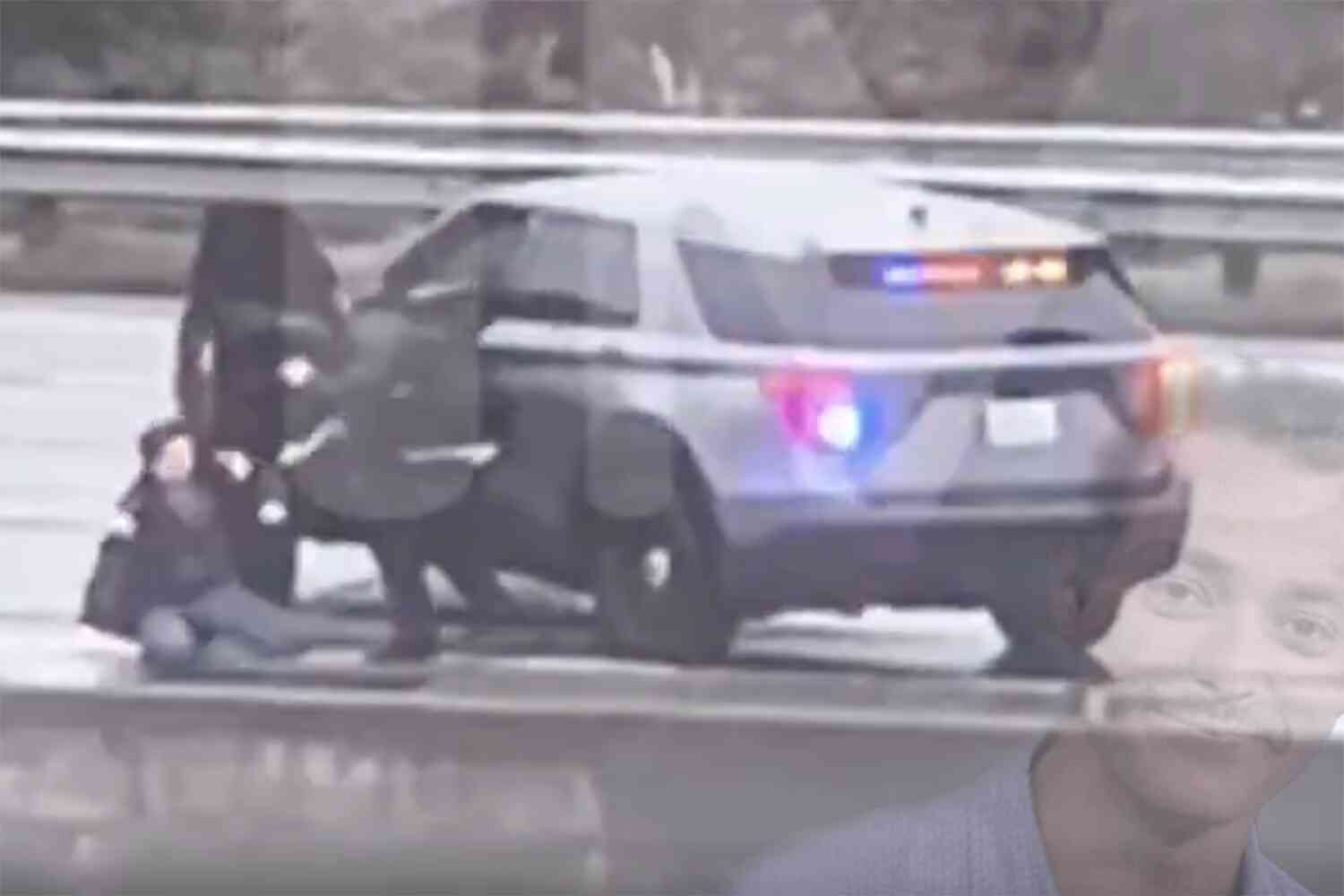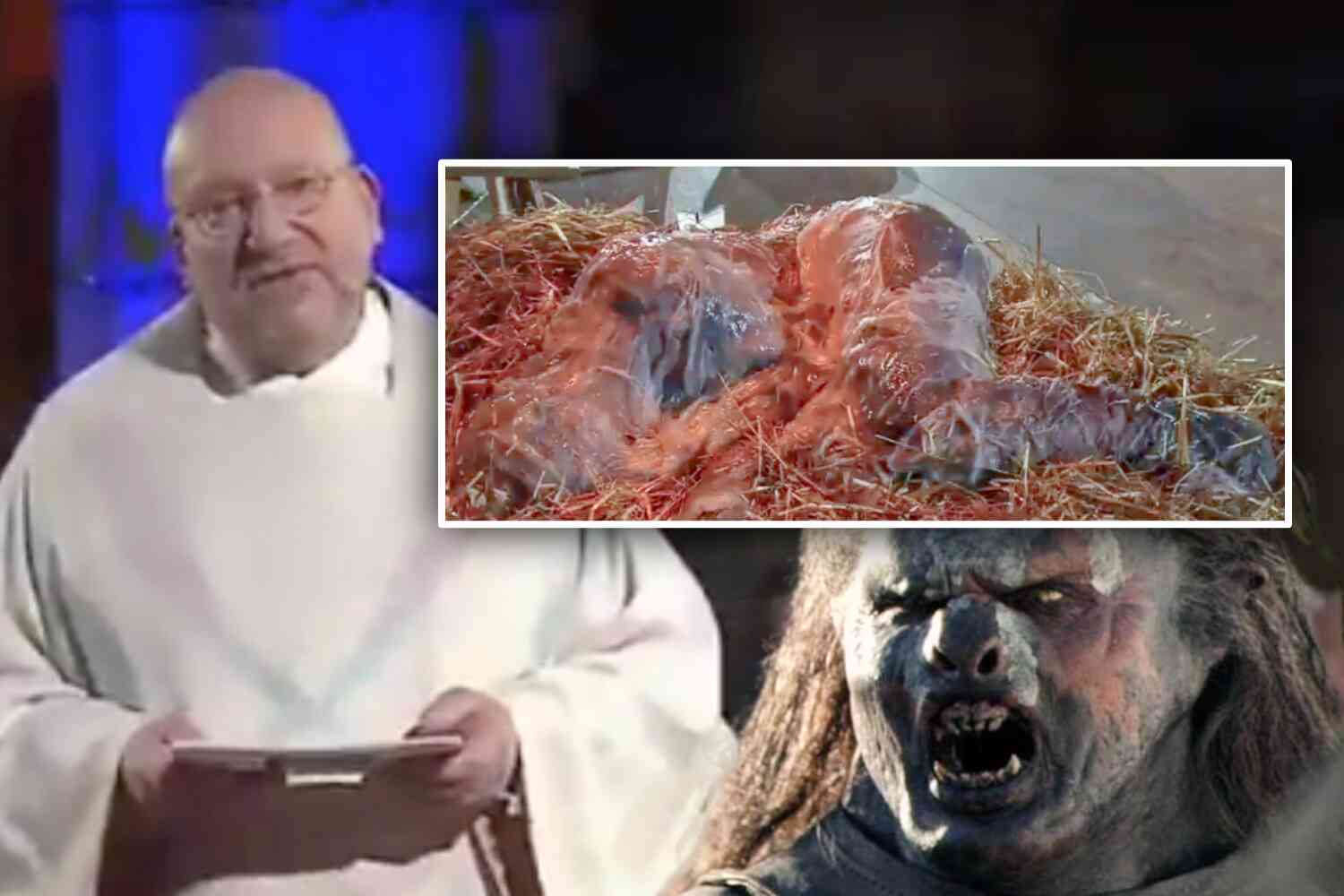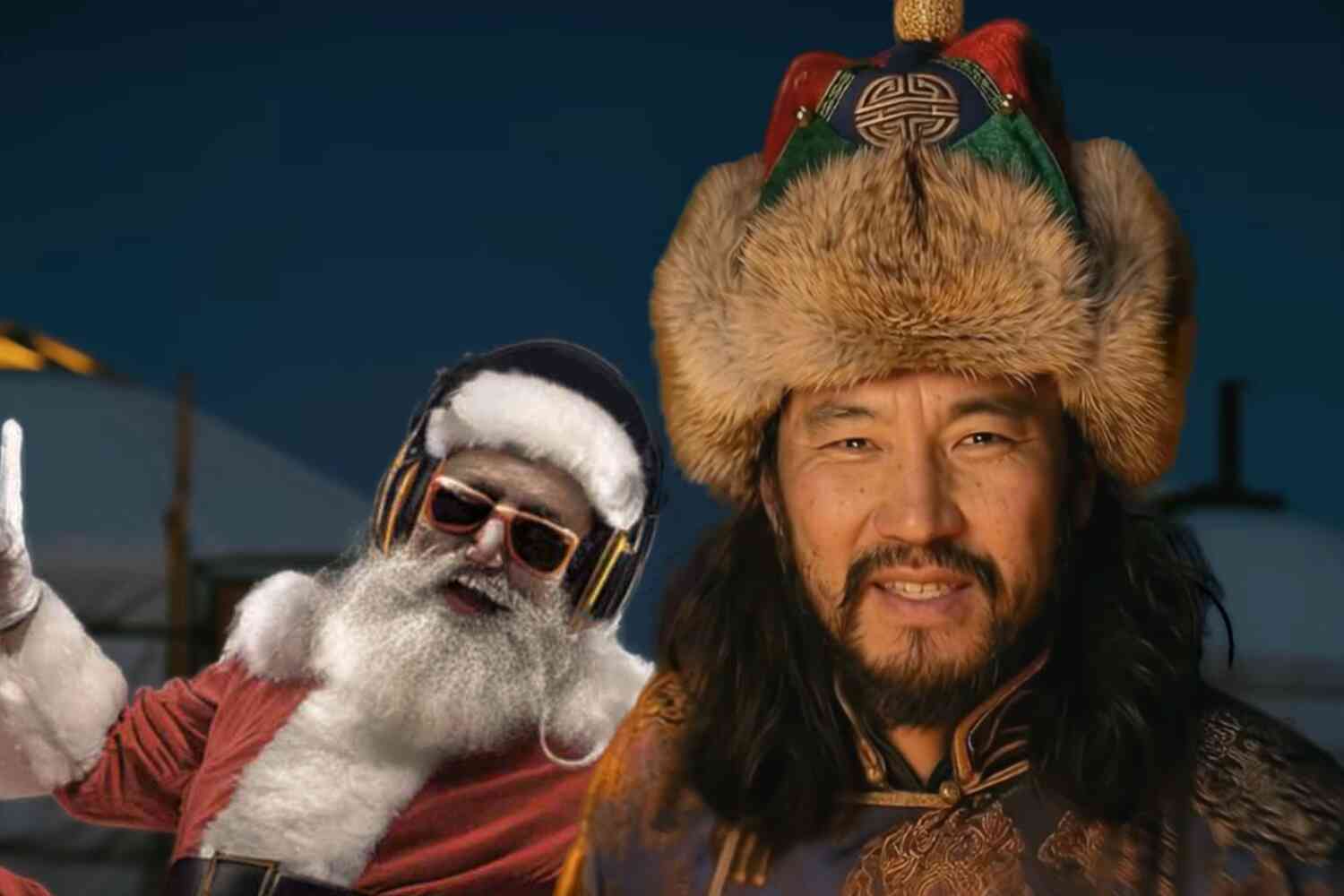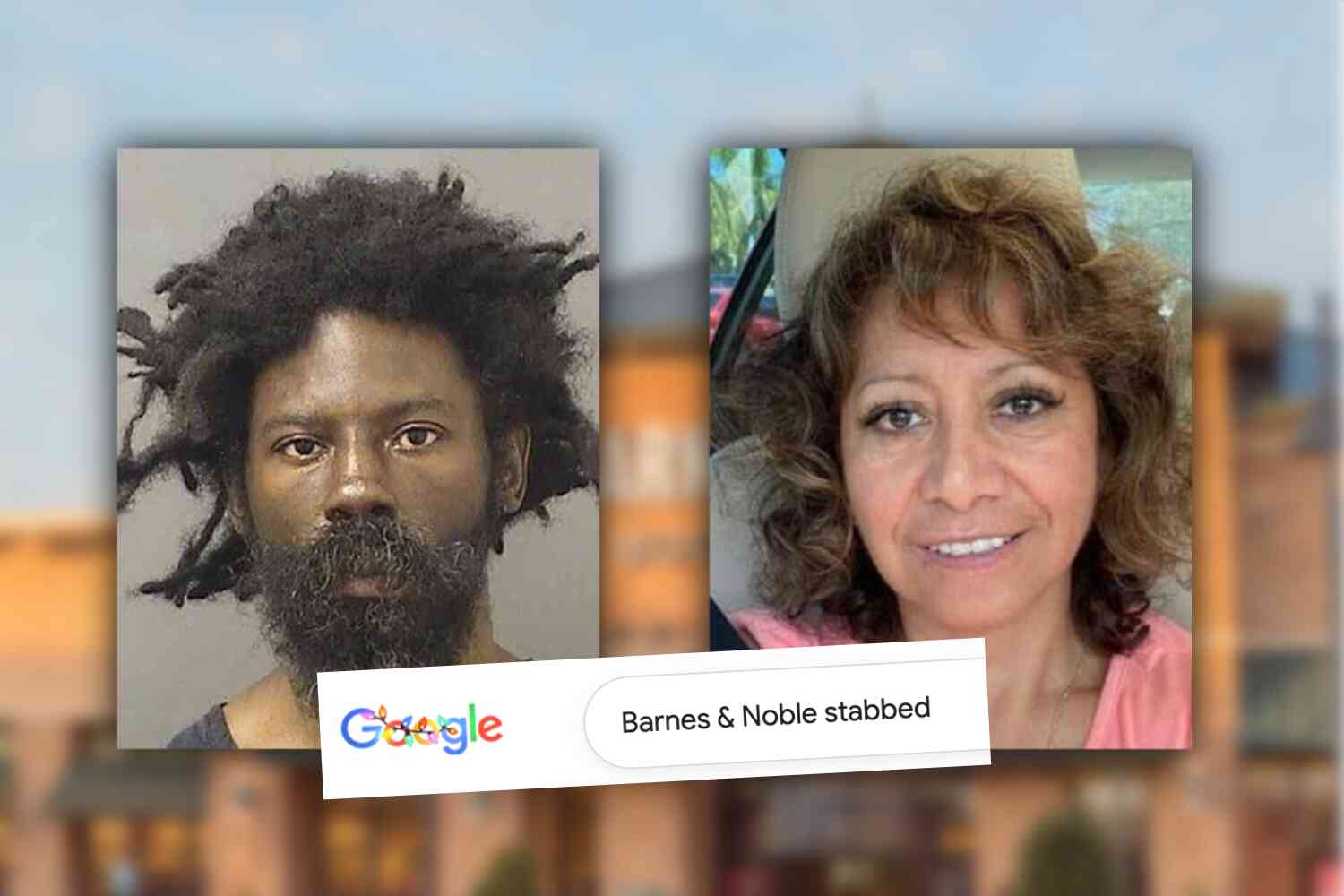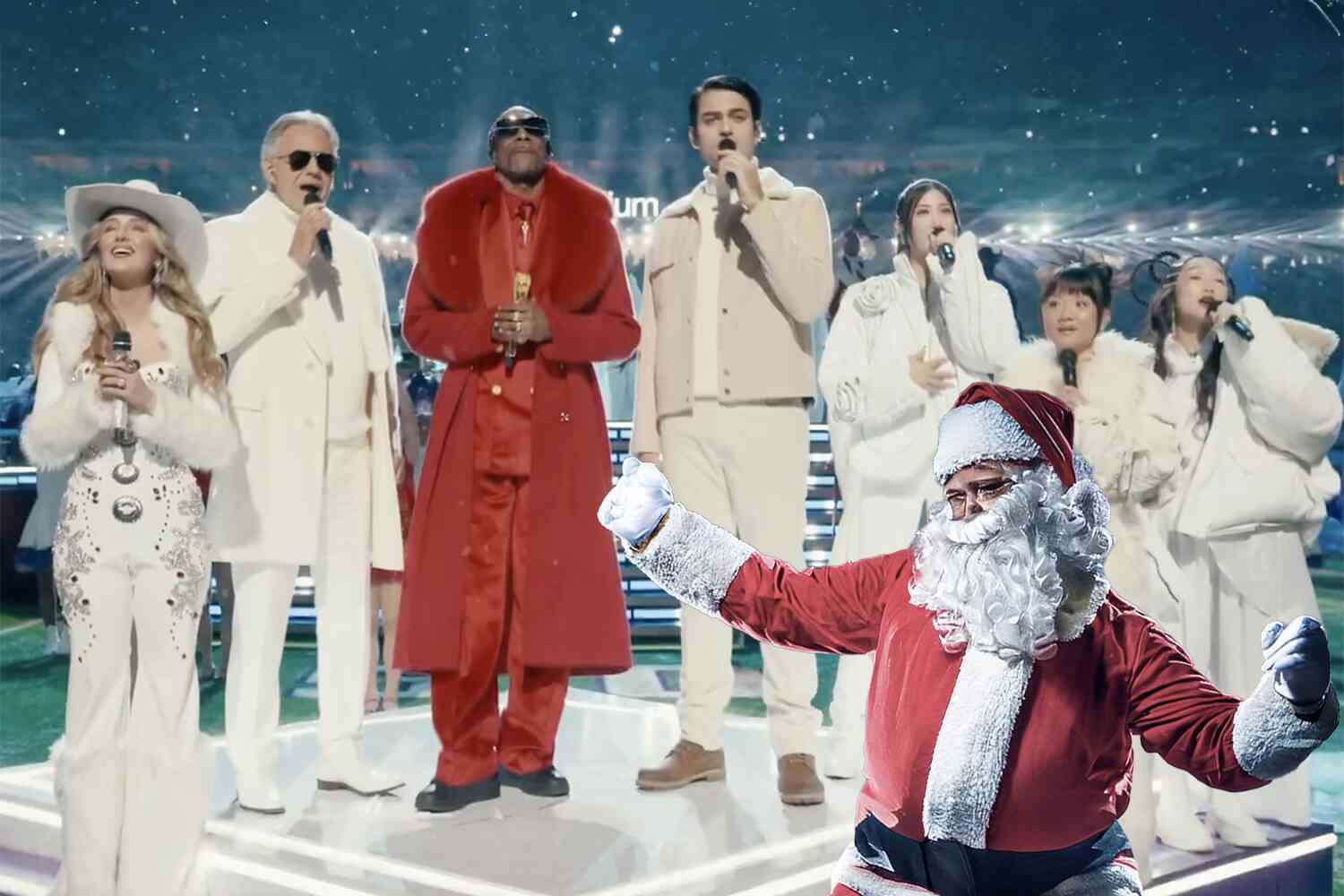If you ever happen to find yourself in Communist China and feel the urge to degrade or even lightly criticize any of the country's historical heroes, well, get out of Communist China as quickly as possible.
But so long as you're there, keep your mouth shut about its national idols:
Since it went into effect in March, [the statute criminalizing criticism of the country's heroes] has been enforced with a revolutionary zeal, part of an intensified campaign under China's leader, Xi Jinping, to sanctify the Communist Party's version of history – and his vision for the country's future.
The Cyberspace Administration of China, which polices the country's internet, has created telephone and online hotlines to encourage citizens to report violations. It has even published a list of 10 "rumours" that are forbidden to discuss.
Was Mao Zedong's Long March really not so long? Did the Red Army skirt heavy fighting against the Japanese during the second World War to save its strength for the civil war against the Nationalist forces of Chiang Kai-shek? Was Mao's son, Mao Anying, killed by a US air strike during the Korean War because he lit a stove to make fried rice?
Asking those very questions risks arrest and, now, prosecution. "It is a sign of the establishment of an absolute political totalitarianism," said Wu Qiang, an outspoken political analyst in Beijing.
Well, you know what, now I'm really curious: Was Mao's son killed because of an errant wok burner? We're still in America here, so we can ask those kinds of hard-hitting questions and not have to fear getting tossed in a pit somewhere.

I guess I could do some Internet research to try and figure it out, but the question doesn't really feel all that important one way or the other.
Would that the CCP felt the same way, of course.
P.S. Now check out our latest video 👇





